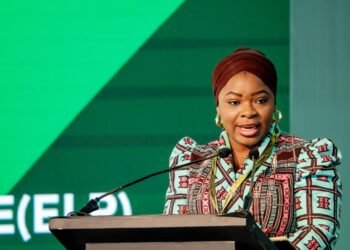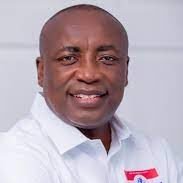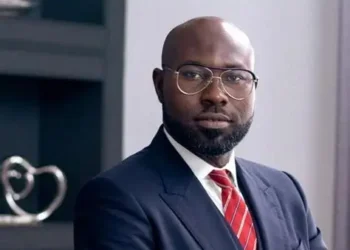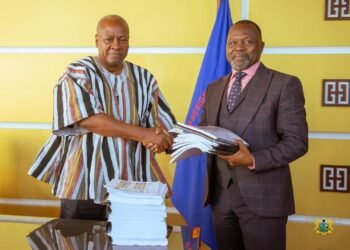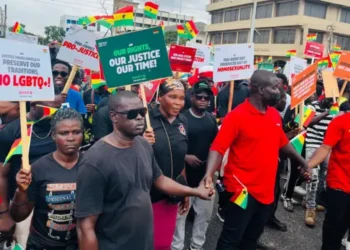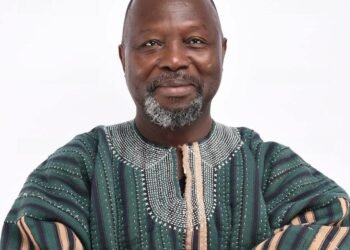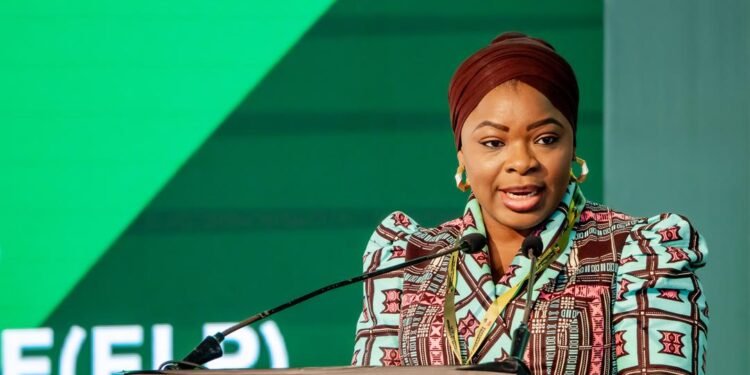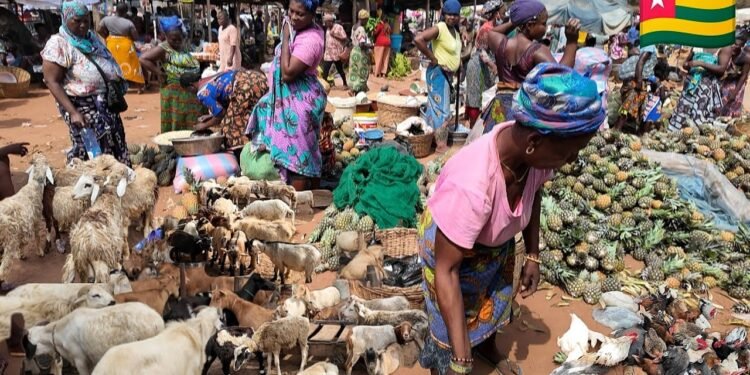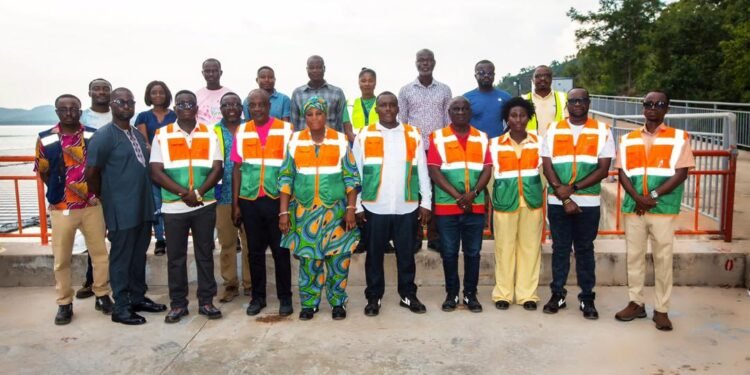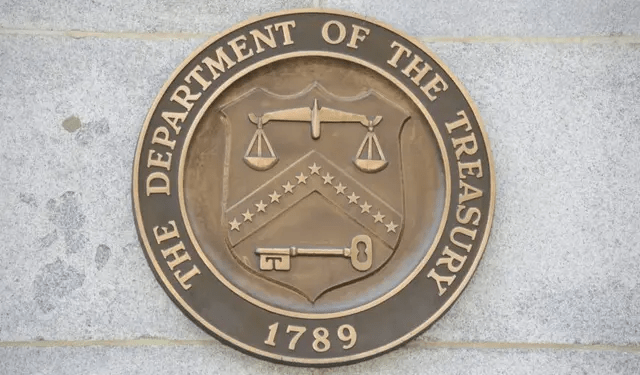Deputy Government Spokesperson Shamima Muslim has announced that Ghana, under the leadership of President John Dramani Mahama, will be subjecting itself to a peer review process by the African Union (AU) as part of a bold national anti-corruption effort.
Speaking ahead of the High-Level National Anti-Corruption Conference slated for Friday, June 6, she revealed that the Office of the President and ten other state institutions will undergo a comprehensive corruption risk assessment.
“President Mahama opens up to African Union peer review on the fight against corruption,” Muslim stated in her official communication, affirming Ghana’s proactive stance in reinforcing transparency and accountability.
The review is being carried out under the AU Convention on Preventing and Combating Corruption, a continental mechanism designed to assess member states’ compliance with anti-corruption obligations and encourage peer learning.
Ghana’s involvement, Muslim said, reflects a determined effort to build integrity at the highest levels of government and ensure the effectiveness of institutions tasked with upholding the rule of law.
The Office of the President is among the institutions identified for assessment, together with the Ministry of Justice and the Office of the Attorney General.

Other critical entities include the Office of the Special Prosecutor, the Commission on Human Rights and Administrative Justice (CHRAJ), the Ghana Audit Service, the Economic and Organised Crime Office (EOCO), and key parliamentary committees, notably the Public Accounts Committee and the Legal and Constitutional Affairs Committee.
Civil society will also play an important role in this engagement. Participating organisations include the Ghana Integrity Initiative, the Ghana Anti-Corruption Coalition, the Financial Intelligence Centre, the Registrar General’s Department, the Judicial Service Anti-Corruption Desk, and the Public Procurement Authority.
The process is expected to be further enriched by input from development partners such as the United Nations Development Programme (UNDP), GIZ, the World Bank, and Danida.
“This mission is a very vital component of the African Union’s continental framework to strengthen integrity, assess compliance, and foster peer learning among member states in the implementation of AU convention on preventing and combating corruption”
Shamima Muslim, Deputy Government Spokesperson
The corruption risk assessment will involve consultations, audits, and institutional reviews aimed at identifying system vulnerabilities and areas requiring reform. The results will inform future anti-corruption strategies, capacity building, and inter-agency collaboration.
Muslim underlined that this review marks a significant milestone in Ghana’s fight against corruption, describing it as a continuation of the country’s historical commitment to anti-corruption norms.

Ghana was one of the earliest supporters of the AU Convention, and has since maintained a “leadership position in advocating for integrity and governance reforms” on the continent.
As the process unfolds, government officials, civil society, and international partners are expected to participate in structured engagements with the AU delegation. The emphasis, Muslim noted, will not be on assigning blame but on diagnosing institutional challenges and improving resilience against corruption.
“Let us all be reminded that the fight against corruption is not a task for a few, but the solemn duty of us all, leaders, citizens, and institutions alike” she said, stressing the importance of collective action.
Under President John Dramani Mahama’s administration in 2025, the state continues to champion accountability mechanisms that meet both national expectations and international standards.
The peer review is seen as a step toward enhancing public confidence in governance structures while bolstering Ghana’s position as a regional leader in transparency and ethics.
The High-Level National Anti-Corruption Conference will serve as a forum to launch the review process, discuss national anti-corruption progress, and align domestic policies with broader African Union objectives.
Ghana’s openness to such scrutiny has been welcomed by both local actors and international stakeholders who view it as a model for responsible governance.
READ MORE: Extend IMF Deal to Consolidate Progress, Stabilise Cedi– Deloitte Ghana Head to Government




